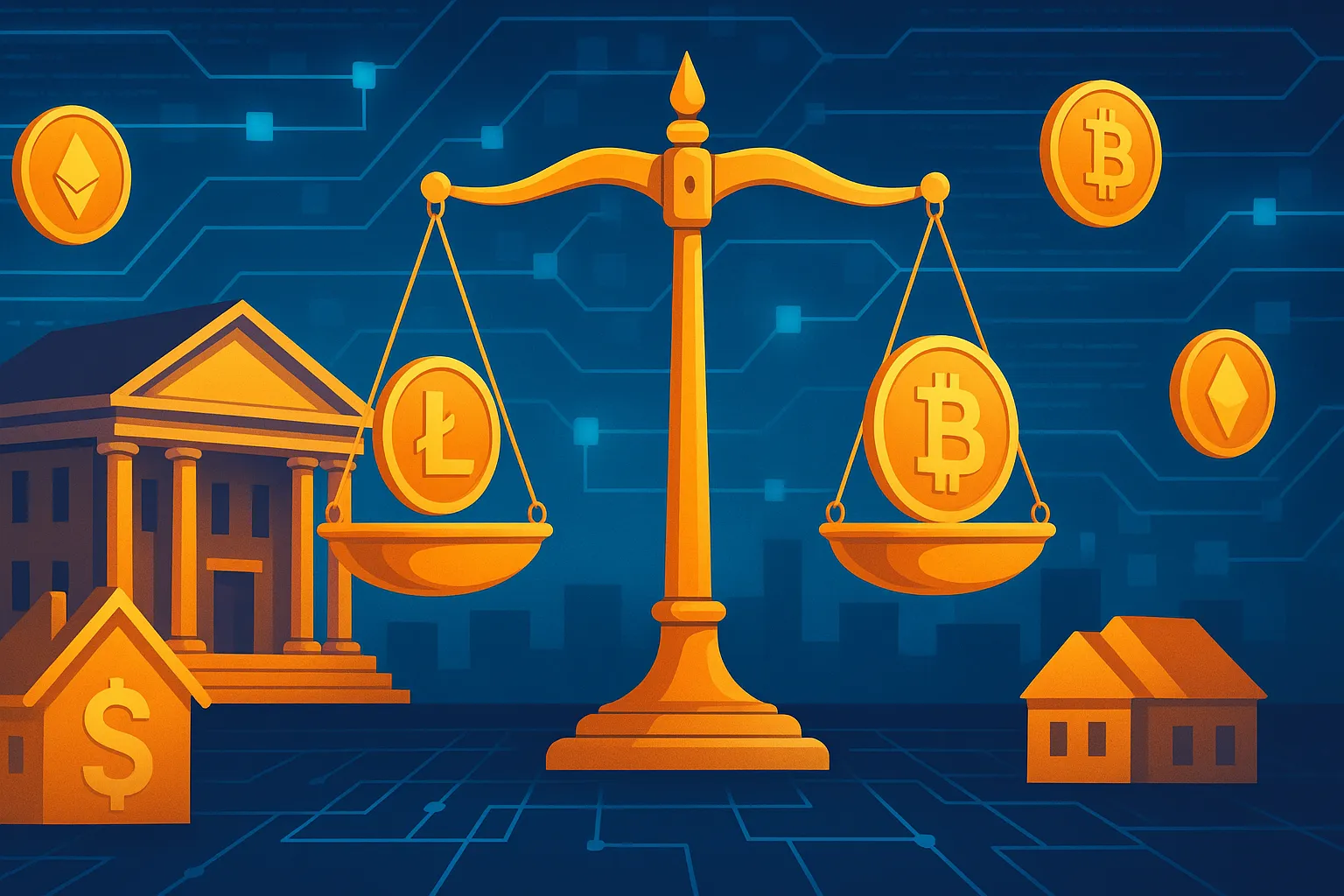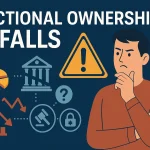Planet Home Lending Lawsuit | On-Chain Litigation Fundin
Planet Home Lending Lawsuit: On-Chain Litigation Funding and the Future of Mortgage Disputes
The Planet Home Lending case includes borrower grievances that mortgage-servicing giant Planet Home Lending violated federal mortgage-servicing regulations, mismanaged escrow accounts, and charged consumers improper fees. With plaintiffs pursuing class-action certification, it is on-chain lawsuit financing and tokenized lawsuit assets that are equalizing access to legal finance, allowing retail investors to underwrite litigation victory with DeFi-typomorphic instruments.
Table of Contents
- 1. Lawsuit Overview
- 2. Key Allegations Against Planet Home Lending
- 3. Traditional vs. On-Chain Litigation Funding
- 4. Tokenizing Lawsuit Claims: A New Paradigm
- 5. Benefits for Investors & Plaintiffs
- 6. Risk Factors & Regulatory Considerations
- 7. Conclusion
- FAQ
1. Lawsuit Overview
In March 2024, the residents filed a lawsuit in the U.S. District Court for the District of New Jersey against Planet Home Lending for alleged infringements of:
- Fair Real Estate Settlement Procedures Act (RESPA) – mismanagement of escrow accounts and unauthorized fees.
- Truth in Lending Act (TILA) – inadequate disclosure of rate change of interest.
- Fair Debt Collection Practices Act (FDCPA) – harassing or abusive collection practices.
The proposed class includes tens of thousands of borrowers nationwide who made use of Planet Home Lending since 2015 and are requesting statutory damages and injunctive relief to improve servicing practices.
2. Key Allegations Against Planet Home Lending
- Illegal Escrow Deficits: Borrowers were subjected to escrow “shortages” on the basis of no facts or truthful bookkeeping.
- Fee and Late Fee Charges on Force-Placed Insurance: Force-placed insurance fees and late charges purportedly exceeded contract and state limits.
- Failure in Disclosure: Proper disclosure of immaterial adjustments to adjustable-rate mortgages was not provided in a timely and accurate manner.
- Harassment & Misrepresentation: Auto-dialing and robo-signing resulted in wrongful acceleration notices and threats
3. Traditional vs. On-Chain Litigation Funding
| Aspect | Traditional Funding | On-Chain Funding |
|---|---|---|
| Capital Source | Institutional investors, hedge funds | Decentralized retail investors via token sales |
| Transparency | Limited; due-diligence reports | Full on-chain visibility of capital flows |
| Minimum Commitment | $100K–$1M+ | As low as $100 in stablecoins |
| Liquidity | Illiquid until case resolution | Tradable tokens representing claim stakes |
| Fee Structure | 20–40% of recovery | Smart-contract fees (1–5% on withdraw) |
4. Tokenizing Lawsuit Claims: A New Paradigm
By issuing an ERC-20 “LIT” token tied to Planet Home Lending claim proceeds, a litigation fund DAO can:
- Fractionize Claims: Fractionate huge institutional positions into micro-shares for DeFi investors.
- Governance Vote: Allow token holders to vote on terms of settlement or trial strategy.
- Yield-Generating Positions: Take borrow fees from borrowers who lend tokens on their staked positions within DeFi markets.
Case Study: Jur Capital’s latest tokenized fund for NHTSA auto-recall case lawsuits raised $3M within 48 hours, indicating demand for bite-sized lawsuit-backed tokens.
5. Benefits for Investors & Plaintiffs
For Investors:
- Portfolio Diversification: Un-correlated returns against equities and crypto markets.
- Liquid Exit Options: Secondary markets for LIT tokens provide mid-case profit-taking.
- Transparency: Real-time on-chain audits of capital utilization and case advancement.
For Plaintiffs:
- Upfront Financing: Pre-payment funding for expert witnesses, discovery, and living expenses.
- Aligned Incentives: DAO-subsidized representation incentivized to win everything available.
- Community Support: Community engagement through NFT airdrops and AMAs.
6. Risk Factors & Regulatory Considerations
- Regulatory Scrutiny: Tokenized funding can trigger securities regulation and require KYC/AML adherence.
- Uncertainty of Outcome: Legal precedent variations can influence token prices.
- Faults in Contracts: Smart contract errors or vulnerabilities may freeze money or divert assets.
- Liquidity Risks: Low volumes in trading can lead to price slippage.
Mitigation includes on-chain insurance funds, multisig governance, and cooperation with regulated funds.
7. Conclusion
The Planet Home Lending case is a good illustration of borrower grievance but a financing milestone: on-chain litigation finance and tokenized claims. Plaintiffs and investors enjoy transparency, liquidity, and governance via DeFi primitives for legal-risk tokens. Watch for DAO votes on settlements and innovative legal-finance DeFi tools as the parade of mortgage justice marches crypto.
FAQ
What is the Planet Home Lending lawsuit about?
The case involves borrower complaints against Planet Home Lending for RESPA violations in mishandling escrow funds, TILA violations in failing to disclose changes in adjustable rates appropriately, and FDCPA violations in engaging in harassing collection practices.
In what way is on-chain litigation funding different from traditional funding?
On-chain financing utilizes decentralized retail investors using token sales, openly coded smart contracts, fractionalized claim tokens, and tradable positions, whereas traditional financing utilizes huge institutional investors, hidden deals, and illiquid stakes until the case resolves.
What are the investment risks of tokenized claims of lawsuits?
Investment risks include regulatory control under the securities legislation, uncertainty of legal outcomes affecting token value, potential smart contract bugs, and liquidity risk on secondary markets.
How do investors fund on-chain litigation for this case?
Investors can purchase ERC-20 litigation funding tokens representing fractional claims, stake them for yield in DeFi pools and resell them on decentralized exchanges prior to settlement.
Who is eligible to be included in the class-action suit?
Homeowners who were provided with or serviced by mortgage loans by Planet Home Lending post-2015 qualify to participate in the proposed class and be awarded any settlement or judgment.




